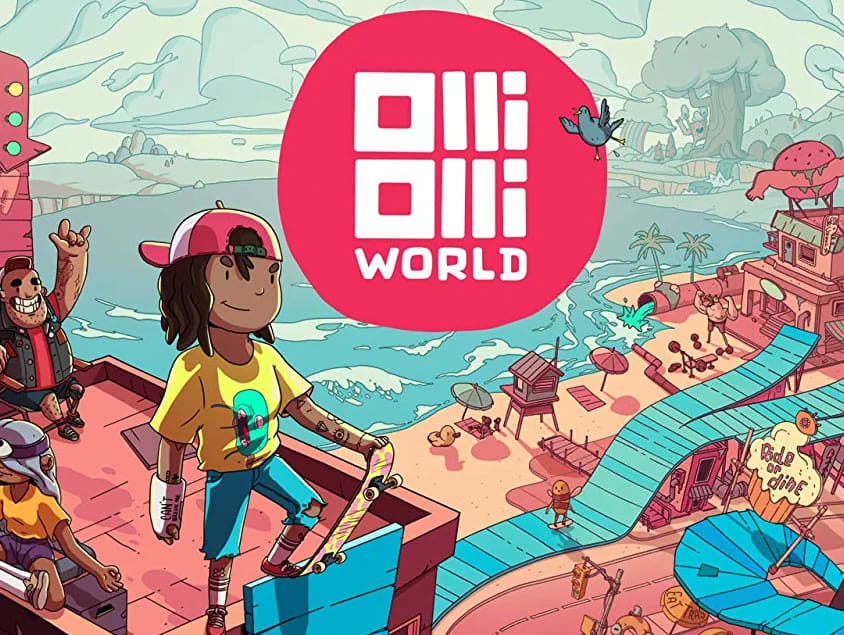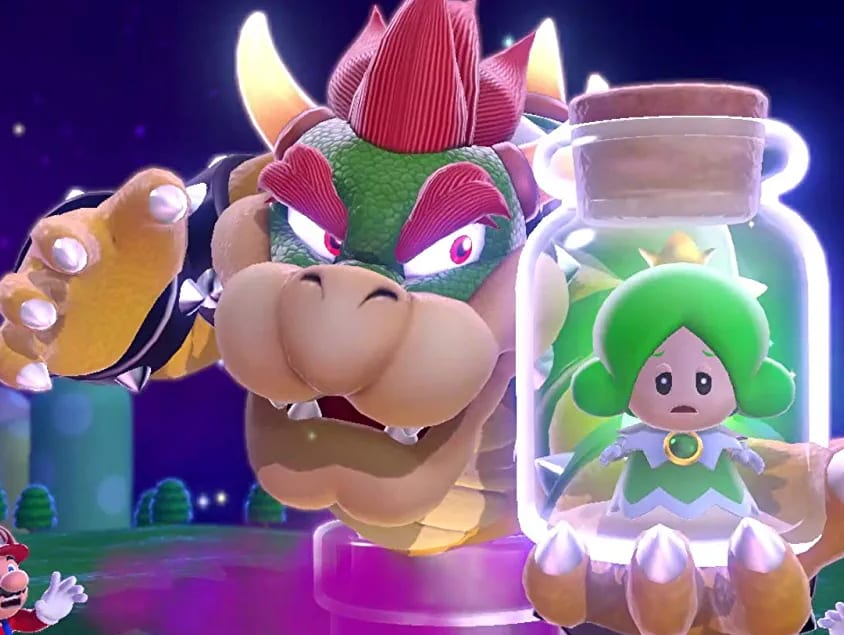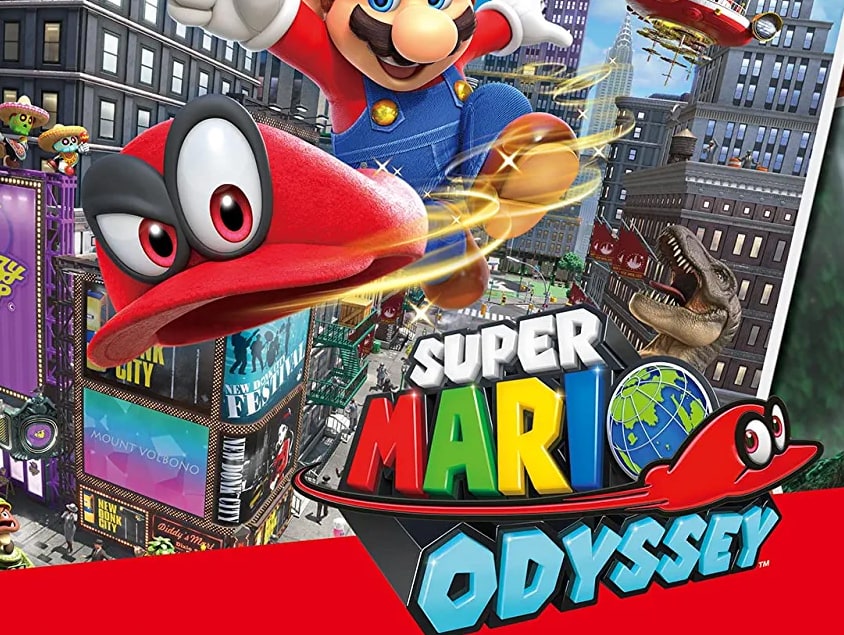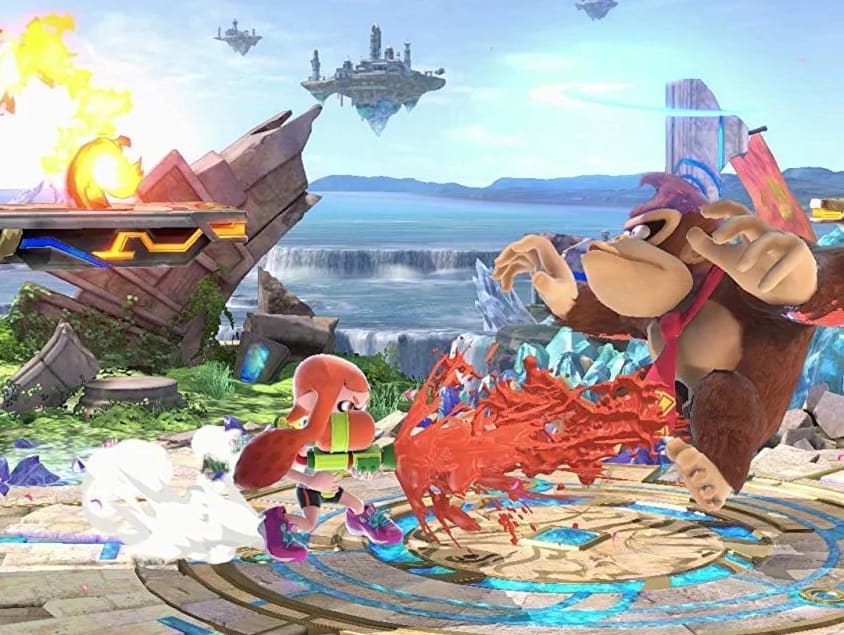The best Nintendo Switch games for 2023
Just five years ago, Nintendo was at a crossroads. The Wii U was languishing well in third place in the console wars and, after considerable pressure, the company was making its first tentative steps into mobile gaming with Miitomo and Super Mario Run. Fast-forward to today: The Switch is likely on the way to becoming the company’s best-selling “home console” ever, and seven Switch games have outsold the Wii U console. Everything’s coming up Nintendo, then, thanks to the Switch’s unique hybrid format and an ever-growing game library with uncharacteristically strong third-party support.
-
Animal Crossings New Horizons
-
Bayonetta 3 Standard
-
Neon White
-
Paranormasight
-
Metroid Prime Remastered
-
Kirby and the Forgotten Land
-
Astral Chain
-
Celeste
-
DRAGON QUEST XI S – Echoes of an Elusive Age – Definitive Edition – [Switch Digital Code]
-
Fire Emblem: Three Houses
-
Hades Limited Edition
-
Hollow Knight
-
Into the Breach
-
The Legend of Zelda: Breath of the Wild
-
The Legend of Zelda: Tears of the Kingdom
-
Disco Elysium – The Final Cut for Nintendo Switch
-
Mario Kart 8 Deluxe – Nintendo Switch [Digital Code]
-
OlliOlli World
-
Super Mario 3D World + Bowser’s Fury
-
Super Mario Odyssey
-
Super Smash Bros. Ultimate
However, the Switch’s online store isn’t the easiest to navigate, so this guide aims to help the uninitiated start their journey on the right foot. These are the games you should own — for now. We regularly revise and add to the list as appropriate. Oh, and if you’ve got a Switch Lite, don’t worry: Every game on the list is fully supported by the portable-only console.
Animal Crossing: New Horizons
Animal Crossing: New Horizons is the best game in the series yet. It streamlines many of the clunky aspects from earlier games and gives players plenty of motivation to keep shaping their island community. As you’d expect, it also looks better than any previous entry, giving you even more motivation to fill up your virtual home and closet. The sound design reaches ASMR levels of brain-tingling comfort. And yes, it certainly helps that New Horizons is an incredibly soothing escape from reality when we’re all stuck at home in the midst of a global pandemic.
Bayonetta 3
Bayonetta 3 is a delicious amplification of the series’ most ridiculous themes. It indulges in absurdity without disrupting the rapid-fire combat or Bayonetta’s unrivaled sense of fashion and wit. Bayonetta 3 is joyful, mechanically rich and full of action, plus it allows players to transform into a literal hell train in order to take down massive beasts bent on destroying the multiverse. Bayonetta elegantly dances her way through battles, dropping one-liners and shooting enemies with her gun shoes in one moment, and turning into a giant spider creature the next.
The Bayonetta series just keeps getting weirder, but that doesn’t mean it’s losing its sense of satisfying gameplay along the way. In the franchise’s third installment, Bayonetta is powerful, confident and funny; she’s a drag queen in a universe loosely held together by witchcraft, and the chaos of this combination is truly magical.
Neon White
Like all good games, Neon White is simple to learn, and difficult to master. The basic ask is that you vanquish every demon from a level and head to a finish marker. It plays like a fast-paced first-person shooter, with the complexity coming from your weapons, which are cards that can either fire or be spent for a special movement or attack ability. The real challenge comes from the scoring system, which grades you based on the time you took to complete a level.
There are just shy of 100 levels, all begging to be learned, repeated and perfected. Despite its first-person shooter visuals, it plays out more like a cross between Trackmania and a platformer. You’ll quickly turn that bronze medal into a gold, and then an “ace” that is supposedly your ultimate target. Then you’ll see the online leaderboards and realize you’ve left some seconds on the table. Then you’ll randomly achieve the secret red medal on a level, say “oh no” and realize that there’s a hidden tier of perfection for you to attain. – Aaron Souppouris, Executive Editor
Paramormasight
If you enjoy visual novels, diverging storylines and maintaining a near-constant level of vigilance to everything a game tells you, Paranormasight is a wild ride. Paranormasight: The Seven Mysteries of Honjo ties together nine (don’t ask) Japanese folktales, spirits, curses and, well, ukiyoe block prints. You’ll hop between multiple characters once you’ve completed the tutorial-style first story, although you’ll inevitably return to this one in the search of clues and hints. Even the style of presentation fits in with the Japanese Twilight Zone vibe. The illustrations have frayed red, blue and green outlines that imitate old TVs. You’ll confront others who hold lethal curse powers creating anime-style stand-offs, as you either try to sneak your way out of danger or get other curse-bearers to fall into your trap. Eventually, it all comes together to a smart conclusion, and we hope there are further Paranormasight chapters to come. — Mat Smith, UK Bureau Chief
Metroid Prime Remastered
Metroid Prime Remastered modernizes one of Nintendo’s greatest games, overhauling its models, textures and lighting for HD (while staying at a locked 60 fps) and adding a more comfortable dual-stick control scheme. It leaves the core game alone otherwise, which is a very good thing. Metroid Prime remains a masterwork in atmosphere, one that captures the wonder and isolation of encountering an alien world through someone else’s eyes. Though there is some combat as bounty hunter Samus Aran, this is more of a first-person exploration game than a first-person shooter. Some 20 years on, slowing down and taking in the world of Tallon IV’s details remains entrancing. — Jeff Dunn, Senior Commerce Writer
Kirby and the Forgotten Land
Kirby and the Forgotten Land brings Nintendo’s lovable pink blob into 3D. Its structure is far less open and fluid than Super Mario Odyssey, but the game is similarly playful in spirit. The big hook is “mouthful mode,” wherein Kirby swallows and assumes the form of certain objects to get through specific stages. Apart from simply being amusing – enjoy “Coaster-Mouth Kirby” or “Bolted-Storage-Mouth Kirby” – the way this repurposes ordinary materials and presents new sensations is delightful. “Pipe Mouth Kirby” turns a pipe in a rolling cylinder of destruction, “Water-Balloon Mouth Kirby” turns you into a giant wobbly mass, and so on. While it starts recycling by the end, most of the game parades through new ideas in that classic Nintendo way. Though the story isn’t Pulitzer stuff, its ending is wonderfully absurd. And like most Kirby games, it’s breezy enough for folks of all skill levels but not a total cakewalk on the default difficulty. — J.D.
Astral Chain
I was on the fence about Astral Chain from the day the first trailer came out until a good few hours into my playthrough. It all felt a little too generic, almost a paint-by-numbers rendition of an action game. I needn’t have been so worried, as it’s one of the more original titles to come from PlatinumGames, the developer behind the Bayonetta series, in recent years.
In a future where the world is under constant attack from creatures that exist on another plane of existence, you play as an officer in a special force that deals with this threat. The game’s gimmick is that you can tame these creatures to become Legions that you use in combat. Encounters play out with you controlling both your character and the Legion simultaneously to deal with waves of mobs and larger, more challenging enemies. As well as for combat, you’ll use your Legion(s) to solve crimes and traverse environments.
Astral Chain sticks closely to a loop of detective work, platforming puzzles and combat — a little too closely, if I’m being critical — with the game split into cases that serve as chapters. The story starts off well enough but quickly devolves into a mashup of various anime tropes, including twists and arcs ripped straight from some very famous shows and films. However, the minute-to-minute gameplay is enough to keep you engaged through the 20-hour or so main campaign and into the fairly significant end-game content.
Does Astral Chain reach the heights of Nier: Automata? No, not at all, but its combat and environments can often surpass that game, which all-told is probably my favorite of this generation. Often available for under $50 these days, it’s well worth your time.
Celeste
Celeste is a lot of things. It’s a great platformer, but it’s also a puzzle game. It’s extremely punishing, but it’s also very accessible. It puts gameplay above everything, but it has a great story. It’s a beautiful, moving and memorable contradiction of a game, created by MattMakesGames, the indie studio behind the excellent Towerfall. So, Celeste is worth picking up no matter what platform you own, but its room-based levels and clear 2D artwork make it a fantastic game to play on the Switch when on the go.
Dragon Quest XI S: Echoes of an Elusive Age
Dragon Quest XI is an unashamedly traditional Japanese role-playing game. Most of the characters are established RPG tropes: mute protagonist-who’s-actually-a-legendary-hero, sister mages, mysterious rogue and the rest. Then there’s the battle system, which has rarely changed in the decades of the series. (There’s a reason that this special edition features a 16-bit styled version of the game: The mechanics and story work just as well in more… graphically constrained surroundings.) While the story hits a lot of familiar RPG beats, everything takes an interesting turn later on. And through it, the game demands completion. RPGs require compelling stories, and this has one. It just doesn’t quite kick in until later.
This eleventh iteration of the series also serves as a celebration of all things Dragon Quest. Without getting too deep into the story, the game heavily references the first game, taking place in the same narrative universe, just hundreds of years later.
The Switch edition doesn’t offer the most polished take on the game — it’s available on rival consoles — but the characters, designed by Akira Toriyama of Dragon Ball fame, move around fluidly, in plenty of detail despite the limits of the hybrid console. And while it’s hard to explain, There’s also something just plain right about playing a traditional JRPG on a Nintendo console.
Fire Emblem: Three Houses
Fire Emblem: Three Houses is one hell of a game. Developer Intelligent Systems made a lot of tweaks to its formula for the series’ first outing on the Nintendo Switch, and the result of those changes is a game that marries Fire Emblem’s dual personalities in a meaningful and satisfying way. You’ll spend half your time as a master tactician, commanding troops around varied and enjoyable battlefields. The other half? You’ll be teaching students and building relationships as a professor at the finest school in the land.
Hades
Hades was the first early access title to ever make our best PC game list, and the final game is a perfect fit for Nintendo’s Switch. It’s an action-RPG developed by the team behind Bastion, Transistor and Pyre. You play Zagreus, son of Hades, who’s having a little spat with his dad, and wants to escape from the underworld. To do so, Zagreus has to fight his way through the various levels of the underworld and up to the surface. Along the way, you’ll pick up “boons” from a wide range of ancient deities like Zeus, Ares and Aphrodite, which stack additional effects on your various attacks. Each level is divided into rooms full of demons, items and the occasional miniboss.
As Hades is a “roguelike” game, you start at the same place every time, with the levels rearranged. With that said, the items you collect can be used to access and upgrade new weapons and abilities that stick between sessions. Hades initially caught our attention just for its gameplay: You can jump in for 30 minutes and have a blast, or find yourself playing for hours. As the game neared its final release, the storytelling, world-building and its general character really started to take shape — there’s so much to do, so many people to meet and even some romance stuffed in there. You could play for hundreds of hours and still have fun.
Hollow Knight
This was a real sleeper hit, and one of very few Kickstarter games to not only live up to but exceed expectations. Hollow Knight is a 2D action-adventure game in the Metroidvania style, but it’s also just a mood. Set in a vast, decrepit land, which you’ll explore gradually as you unlock new movement and attack skills for your character, a Burtonesque bug-like creature. Short on both dialogue and narrative, the developers instead convey a story through environment and atmosphere, and it absolutely nails it.
You’ll start out feeling fairly powerless, but Hollow Knight has a perfect difficulty curve, always allowing you to progress but never making it easy. For example, it borrows the Dark Souls mechanic where you’ll need to travel back to your corpse upon death to retrieve your “Geo” (the game’s stand-in for Souls), which is always a tense time. Throughout it all, though, the enemies and NPCs will never fail to delight. For a moody game, it has a nice sense of humor and levity imbued mostly through the beautifully animated and voiced folks you meet. Given its low cost and extremely high quality, there’s really no reason not to get this game. Trust us, it’ll win you over.
Into The Breach
When is a turn-based strategy game not a turn-based strategy game? Into the Breach, an indie roguelike game where you control mechs to stem an alien attack, defies conventions, and is all the better for it. While its core mechanics are very much in the XCOM (or Fire Emblem, for that matter) mold, it’s what it does with those mechanics that’s so interesting. A traditional turn-based strategy game plays out like a game of chess — you plan a move, while predicting what your opponent will do in return, and thinking ahead to what you’ll do next, and so on, with the eventual goal of forcing them into a corner and winning. At the start of every Into the Breach turn, the game politely tells you exactly what each enemy character is going to do, down the exact square they’ll end on and how much damage they’ll inflict. There are no hit percentages, no random events, no luck; each turn is a puzzle, with definitive answers to how exactly you’re going to come out on top.
Into the Breach battles are short, and being a roguelike, designed to be very replayable. Once you’ve mastered the basics and reached the end, there are numerous different mechs with new attack and defense mechanics to learn and master as you mix-and-match to build your favorite team. If you’re a fan of either puzzle or turn-based strategy games, this is a must-have.
The Legend of Zelda: Breath of the Wild
The Legend of Zelda: Breath Of The Wild signals the biggest shift in the series since the Nintendo 64’s Ocarina of Time, and it might well be one of the best games of the past decade. It pulls the long-running series into modern gaming, with a perfectly pitched difficulty curve and an incredible open world to play with. There’s crafting, weapons that degrade, almost too much to collect and do and a gentle story hidden away for players to discover for themselves. Even without the entertaining DLC add-ons, there’s simply so much to do here and challenges for every level of gamer.
The Legend of Zelda: Tears of the Kingdom
The Legend of Zelda: Breath of the Wild was a wild reinvention for one of Nintendo’s most revered franchises, and it didn’t take long for the company to announce it had a direct sequel in the works. The end result is Tears of the Kingdom, a game that remixes BotW in some completely unexpected ways. You’re still exploring Hyrule and can travel to almost any point you can see, and there are still dozens of small shrines to clear and bigger quests you can tackle in any order you like.
But there’s also a vast underworld as well as a mysterious sky world full of islands to explore, and these new locales provide fresh challenges and dangers distinct from what you find in Hyrule proper. And Link has several new skills to give him the upper hand, including, well, Ultrahand. This lets you grab almost anything and stick it to other objects, letting you build all manner of contraptions, both practical and absurd. Ultrahand opens up a huge variety of solutions to every puzzle you come across in the game, and the moment when you find the right solution to what’s impeding you is even more satisfying than it is in past Zelda games. Tears of the Kingdom simply takes just about everything that was great about Breath of the Wild and ratchets it up to the next level. — Nathan Ingraham, Deputy Editor
Disco Elysium Final Cut
Disco Elysium is a special game. The first release from Estonian studio ZA/UM, it’s a sprawling science-fiction RPG that takes more inspiration from D&D and Baldur’s Gate than modern combat-focused games. In fact, there is no combat to speak of, instead, you’ll be creating your character, choosing what their strengths and weaknesses are, and then passing D&D-style skill checks to make your way through the story. You’ll, of course, be leveling up your abilities and boosting stats with items, but really the game’s systems fall away in place of a truly engaging story, featuring some of the finest writing to ever grace a video game.
With the Final Cut, released 18 months after the original, this extremely dialogue-heavy game now has full voice acting, which brings the unique world more to life than ever before. After debuting on PC, PS5 and Stadia, Final Cut is now available for all extant home consoles – including Nintendo’s Switch. Loading times are a little slower than on other systems, so it might not be the absolute best platform to play it on, but Disco Elysium is an experience unlike the rest of the Switch library, which is why it makes it on this list.
Mario Kart 8 Deluxe
Mario Kart 8 Deluxe’s vibrancy and attention to detail prove it’s a valid upgrade to the Wii U original. Characters are animated and endearing as they race around, and Nintendo’s made bigger, wider tracks to accommodate up to 12 racers. This edition of Mario Kart included gravity-defying hover tires and automatic gliders for when you soar off ramps, making races even more visually thrilling, but at its core, it’s Mario Kart — simple, pure gaming fun. It’s also a great showcase for the multitude of playing modes that the Switch is capable of: Two-player split-screen anywhere is possible, as are online races or Switch-on-Switch chaos. For now, this is the definitive edition.
OlliOlli World
OlliOlli and its sequel, OlliOlli 2: Welcome to Olliwood, were notoriously difficult to master. They were infuriating, but also extremely satisfying when you pulled off just the right combo of tricks and grinds needed for a big score.
I was worried that OlliOlli World’s colorful and welcoming new direction for the series was going to dispense with that level of challenge, but I shouldn’t have been concerned. Developer Roll7 made a game that’s significantly more approachable than the original titles — but one that keeps the twitch-response gameplay and score-chasing highs intact for those who crave them.
It’s hard to sum up exactly what makes OlliOlli World so compelling, but the game mixes serious challenges with moments that let you really get into that elusive flow state, where you’re just pulling off tricks, riding rails and generally tearing through a course without thinking too much about what you’re doing. The music, sound effects, art style, level design and variety of moves you can pull off all contribute to this vibe — and even though the game looks entirely different from its predecessors, the end result is the same: skateboarding bliss.
Super Mario 3D World + Bowser’s Fury
Super Mario 3D World was unfairly slept on when it originally launched in 2013, mostly due to the fact very few people had a Wii U. It’s a superb translation of old-school Mario mechanics into 3D (Mario 64 is a masterpiece, yes, but unless you’re a speed-runner it doesn’t quite have the pace of the NES and SNES games). It’s also a great multiplayer game, as you can play simultaneously with three other players and race through levels — the winner of each level gets to wear a crown in the next.
With the move to the Switch, and Nintendo finally starting to figure out online gaming, you can now do that remotely, which is a huge plus. The bigger addition is Bowser’s Fury, an all-new game of sorts that plays more like a blend of Super Mario Odyssey and 3D World. There are some really creative challenges that feel right out of Odyssey, blended with the lightness and speed of the Wii U game. (It should be noted that Bowser’s Fury is also only good for one or two players, unlike the main game.) We’d recommend 3D World just on its own, but as a package with Bowser’s Fury, it becomes a much better deal.
Super Mario Odyssey
Super Mario Odyssey might not represent the major change that Breath of the Wild was for the Zelda series, but it’s a great Mario game that’s been refined across the last two decades. Yes, we got some important modern improvements, like maps and fast travel, and the power-stealing Cappy is a truly fun addition to Mario’s usual tricks. But that core joy of Mario, figuring out the puzzles, racing to collect items and exploring landmarks, is here in abundance.
Super Smash Bros. Ultimate
This is the ultimate distillation of Nintendo’s multiplayer fighting game. The series’ debut on Switch brings even more characters from beyond Nintendo’s stable. If you’re sick of Mario, Pikachu and Metroid’s Samus, perhaps Final Fantasy VII’s Cloud, Solid Snake or Bayonetta will be your new go-to character. There are about 80 characters to test out here (although 10 of them are locked behind DLC).
Super Smash Bros. Ultimate features a divisive new single-player mode where you augment characters with stickers, battling through special conditions to unlock more characters and, yes, more stickers. At its core, Smash Bros. games combine fast-paced, chaotic fights with an incredibly beginner-friendly learning curve. Yes, some items are confusing or overpowered, but your special moves are only a two-button combination away. Turning the tables is built into the DNA of Super Smash Bros. Ultimate, ensuring thrilling battles (once you’ve sorted handicaps) for everyone involved.

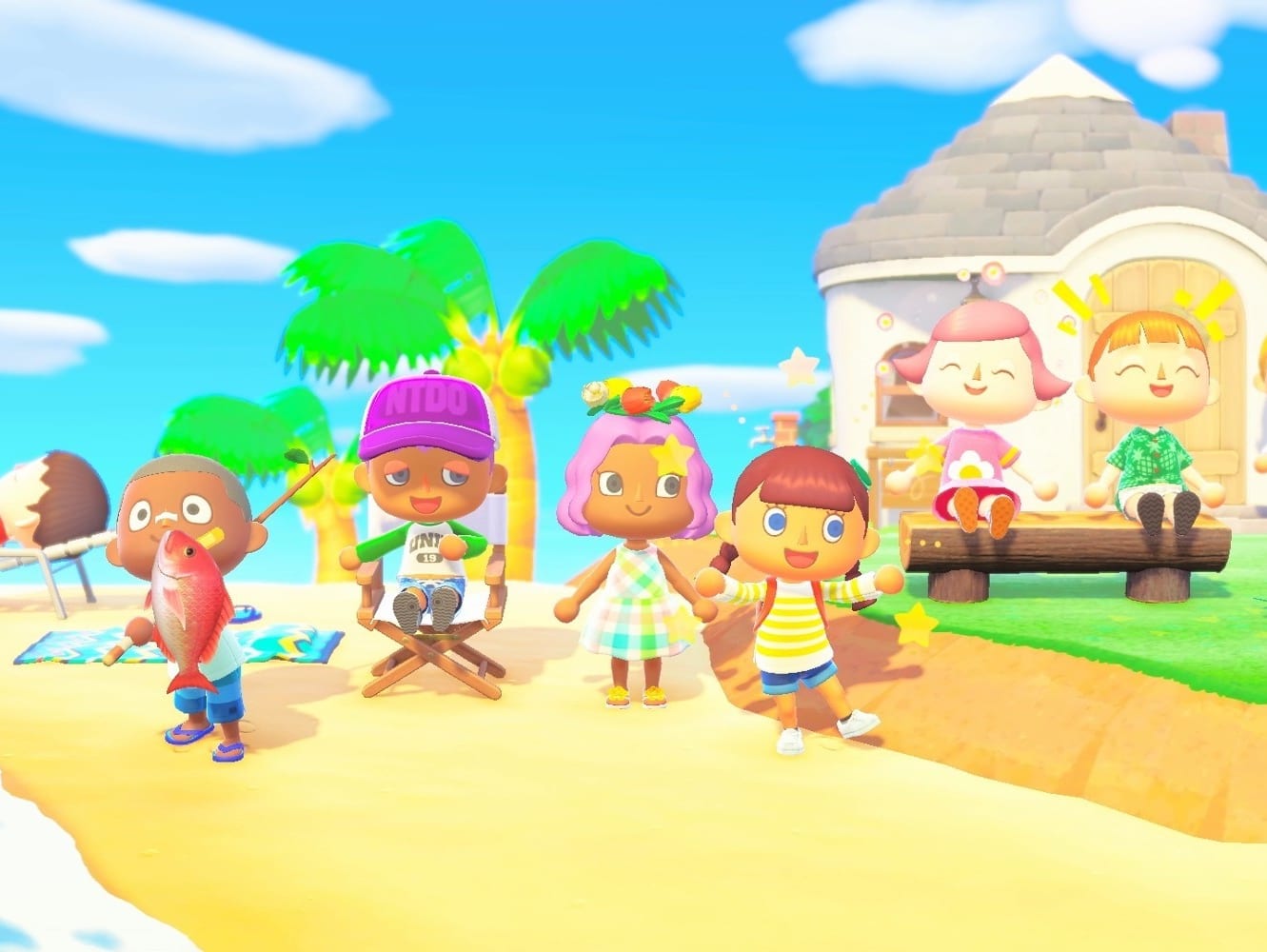
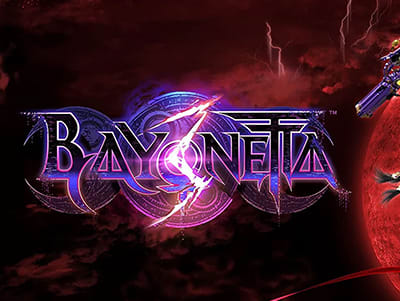
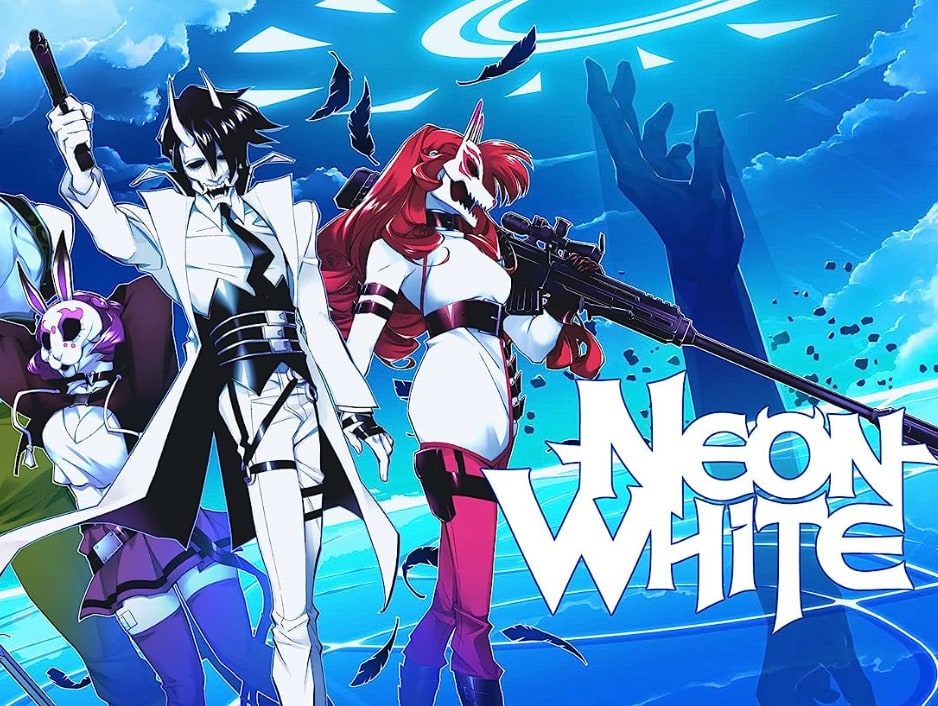
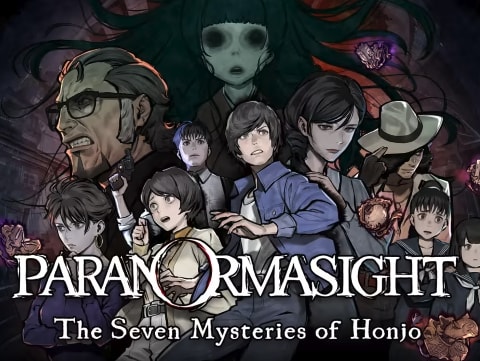
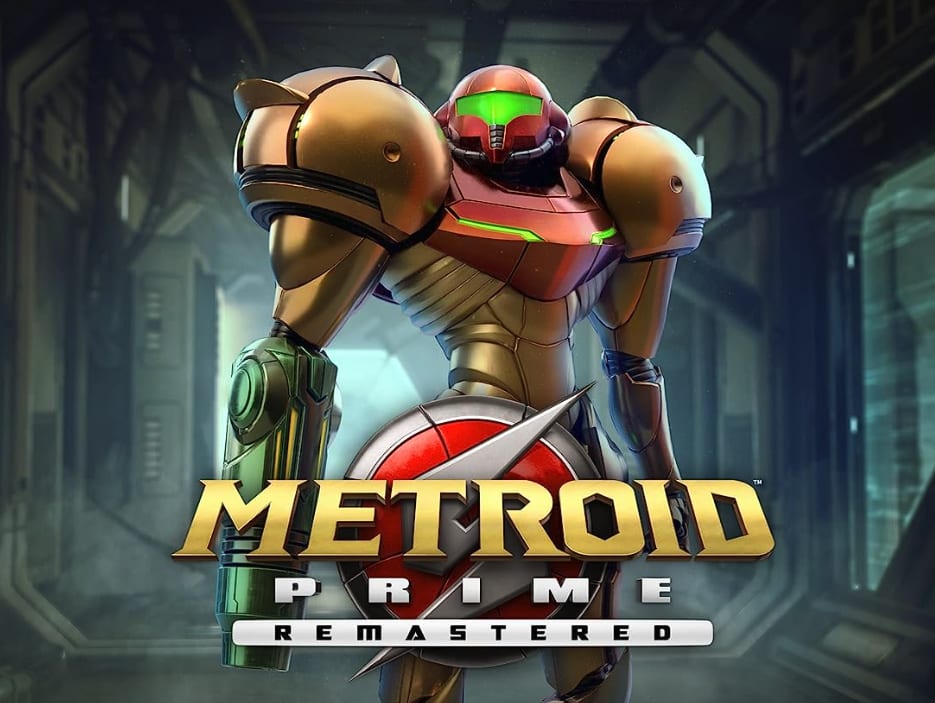
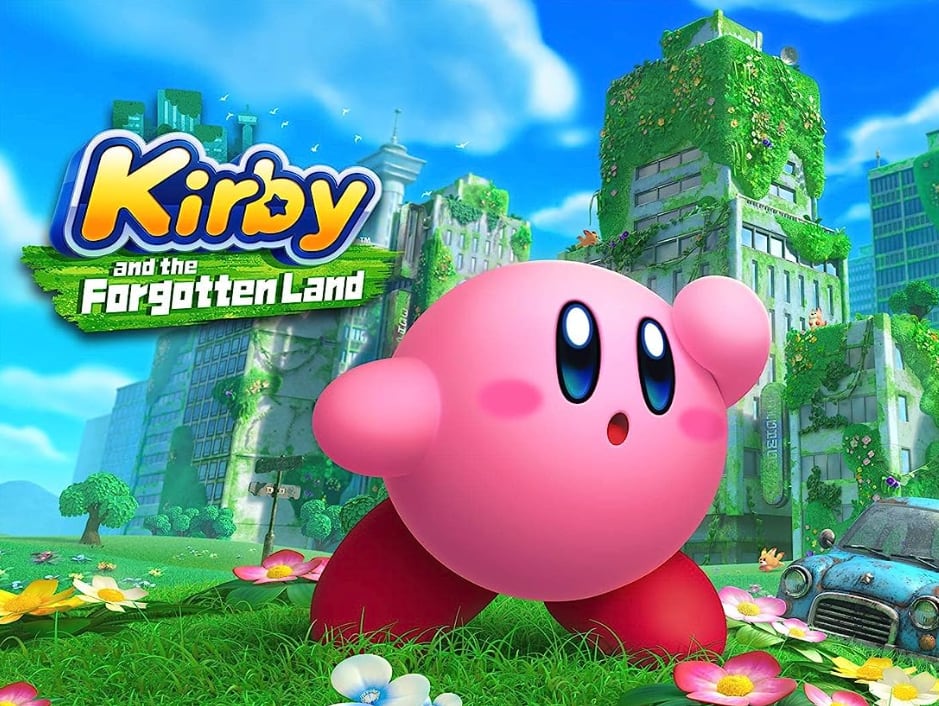
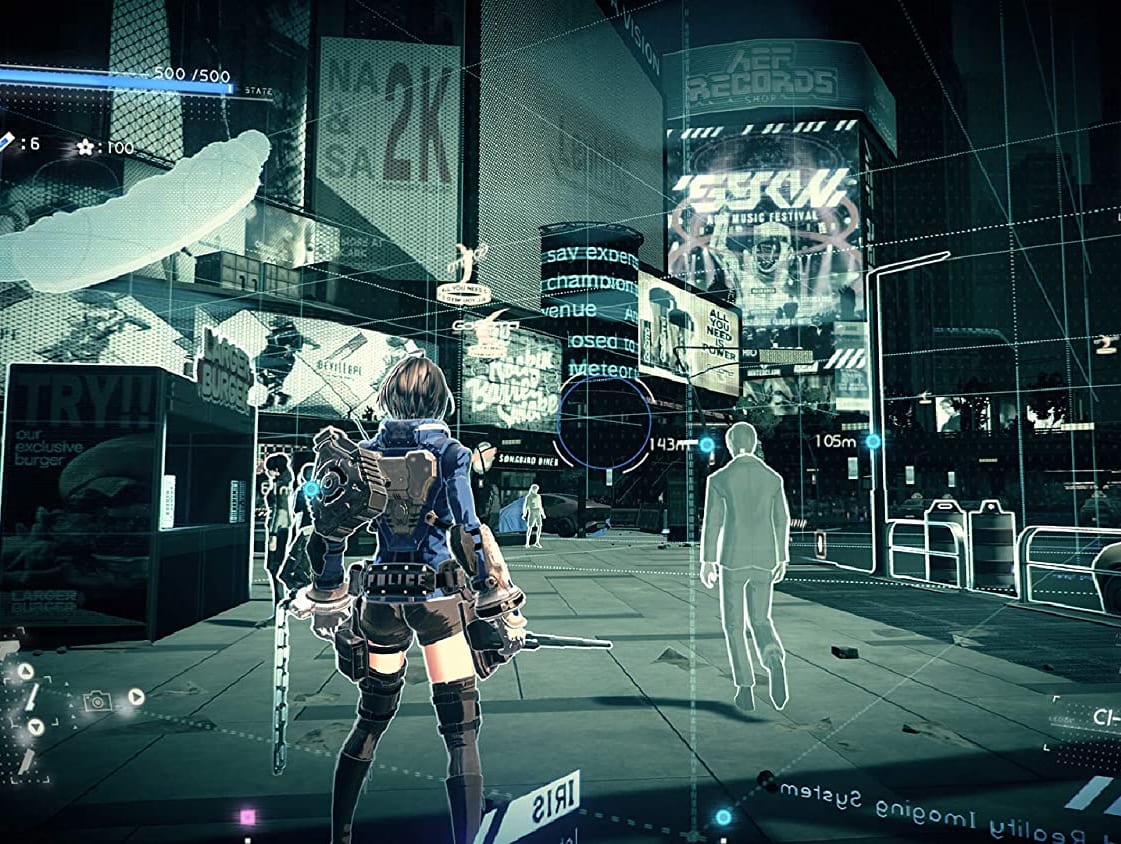
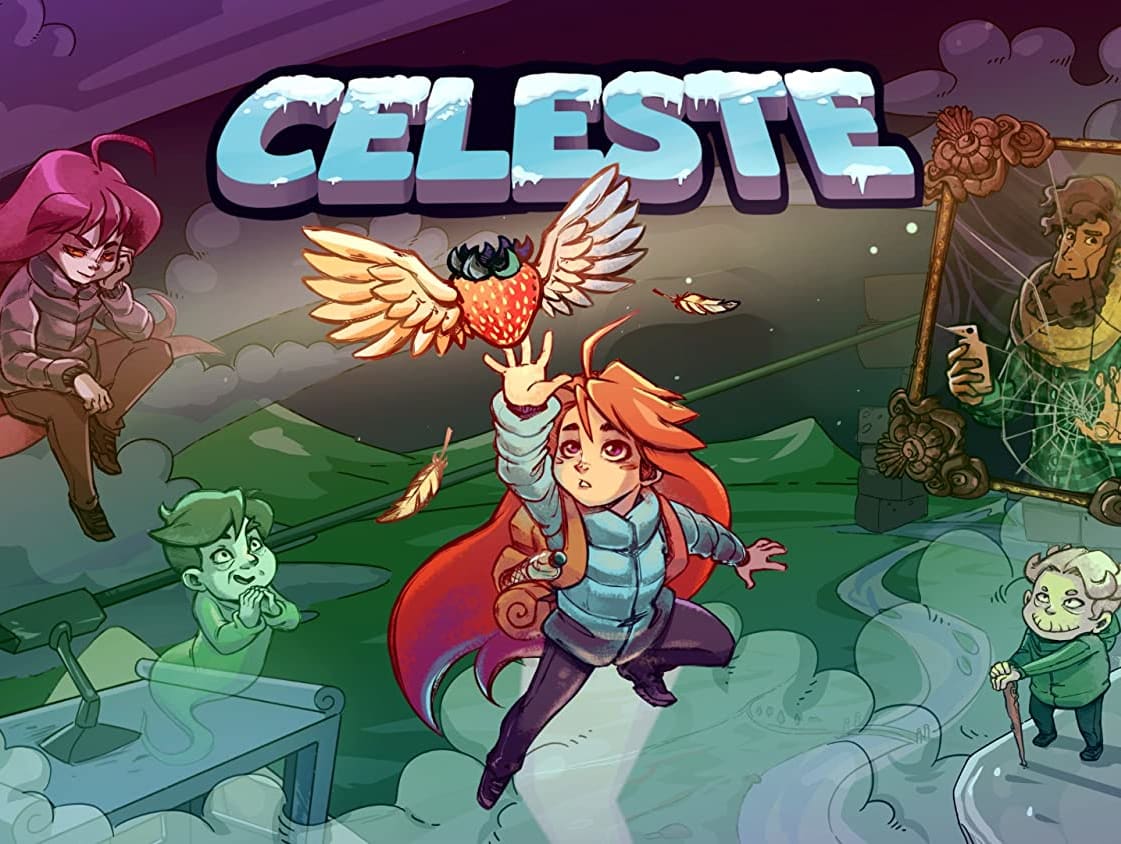
![DRAGON QUEST XI S – Echoes of an Elusive Age – Definitive Edition - [Switch Digital Code]](https://1worldsolutions.com/blog/wp-content/uploads/2023/06/1dbf1840-1741-11ee-9a77-fcd749bf788f-1688152961.jpg)
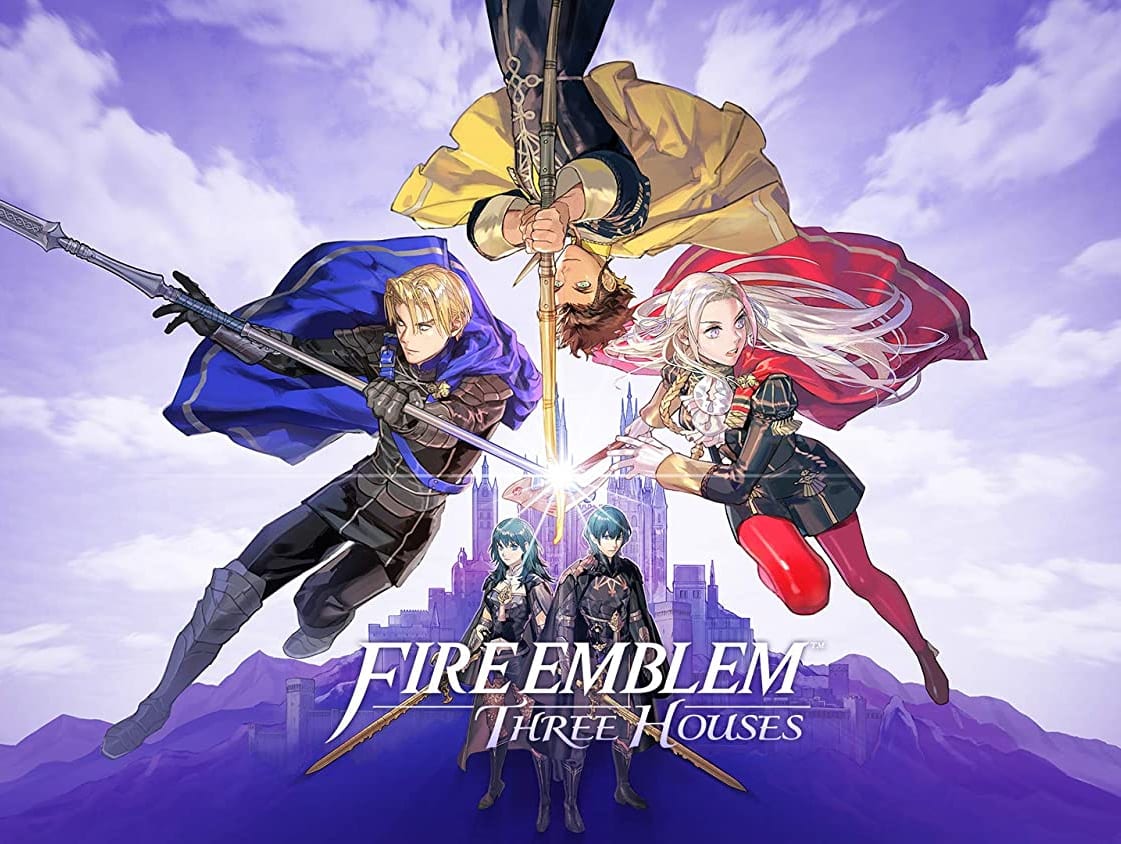
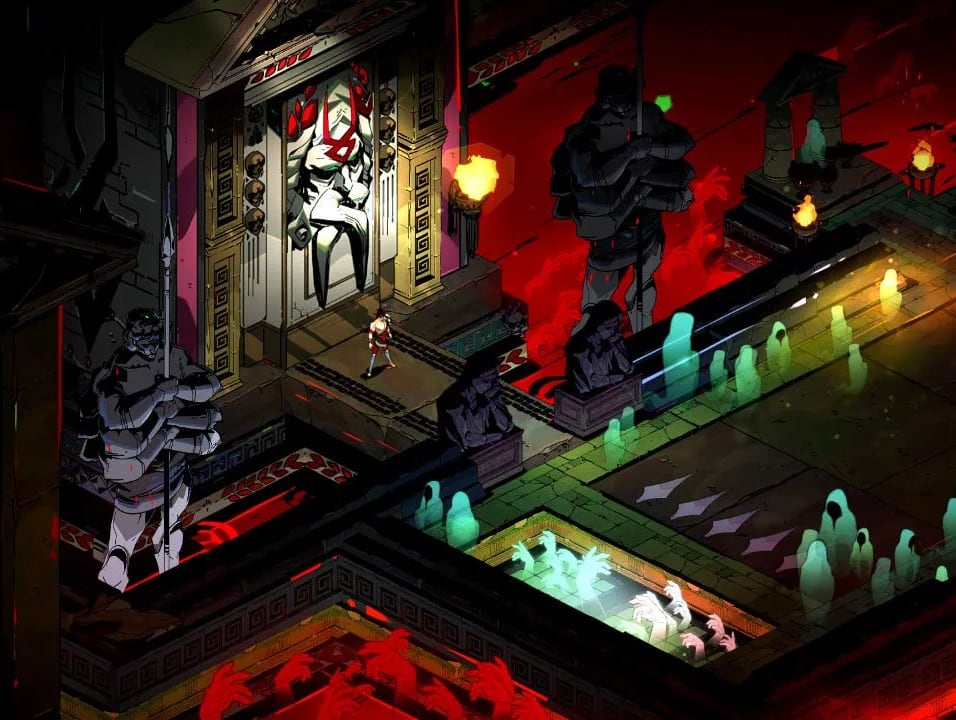
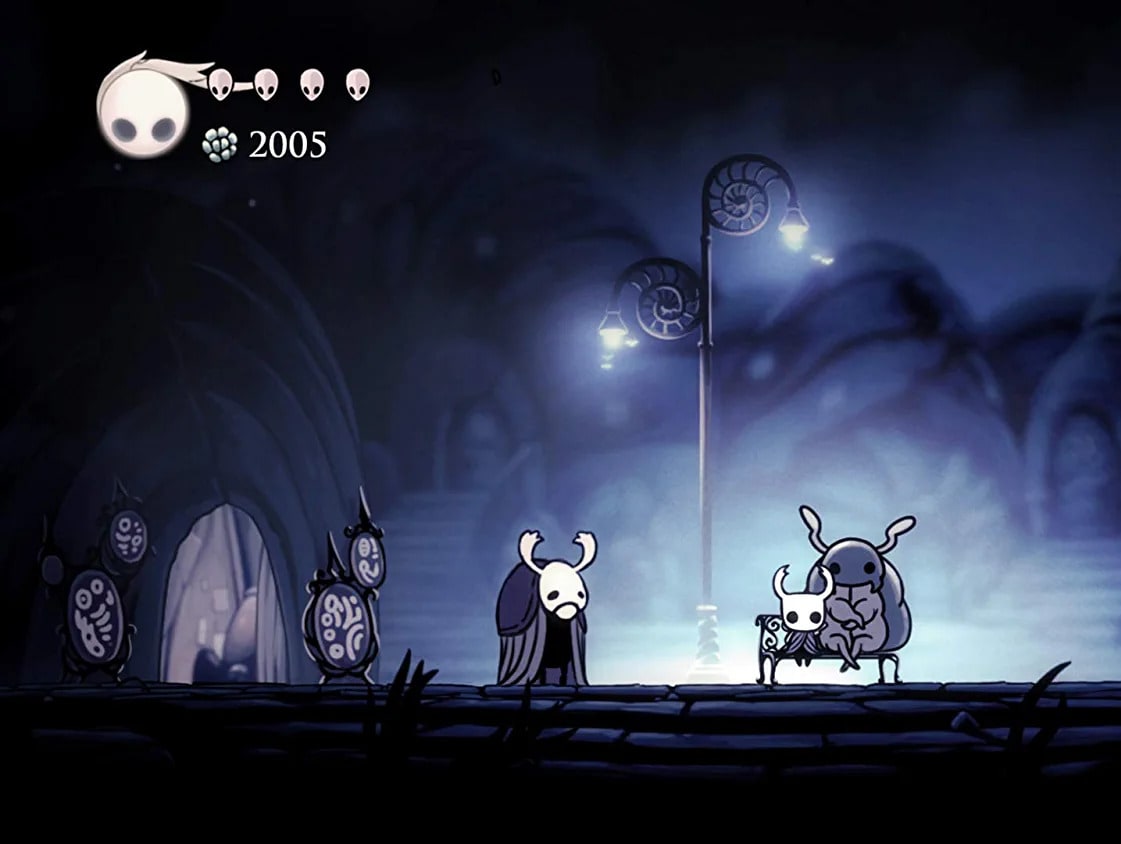
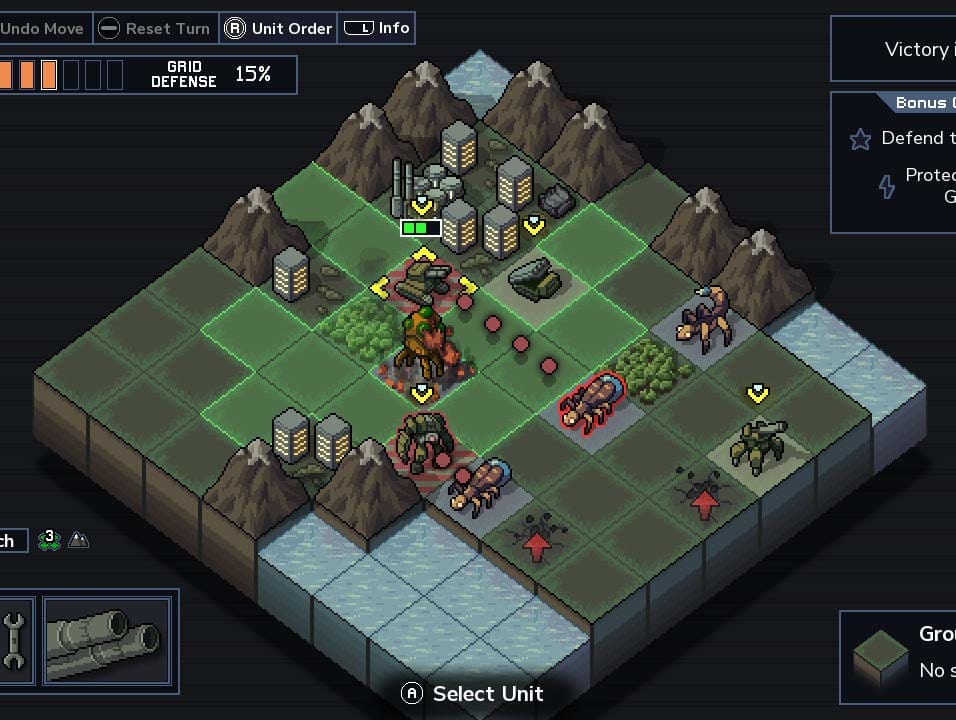
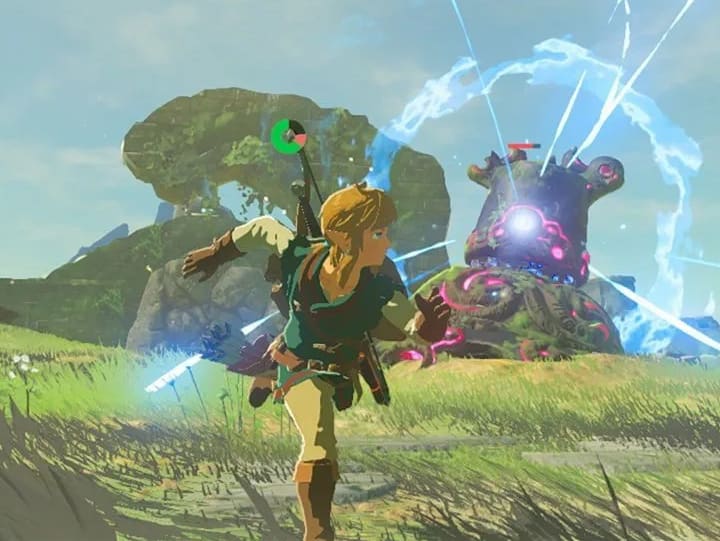
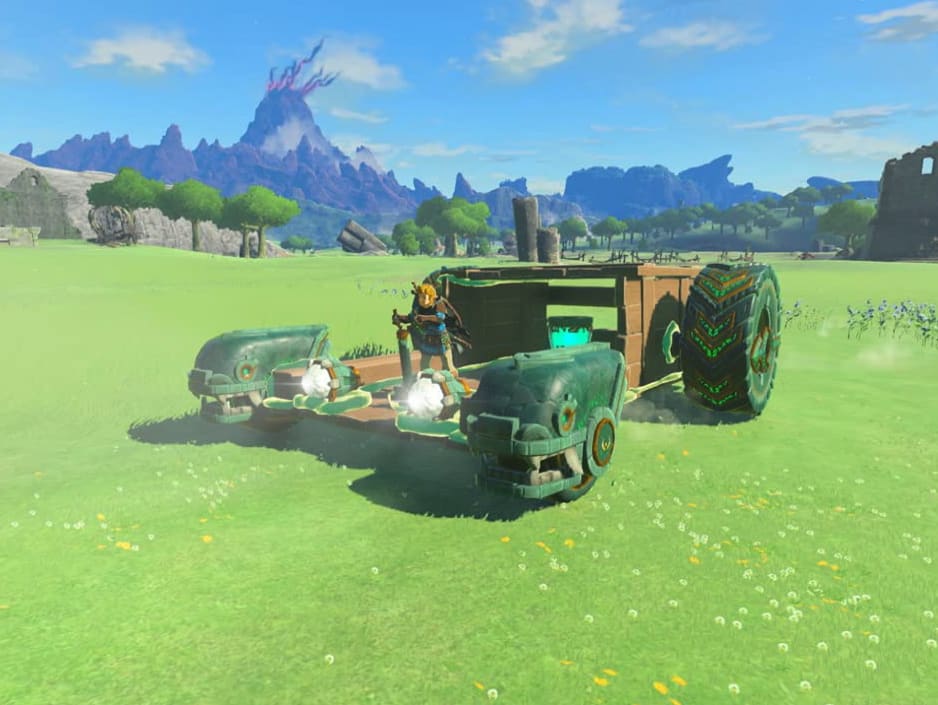
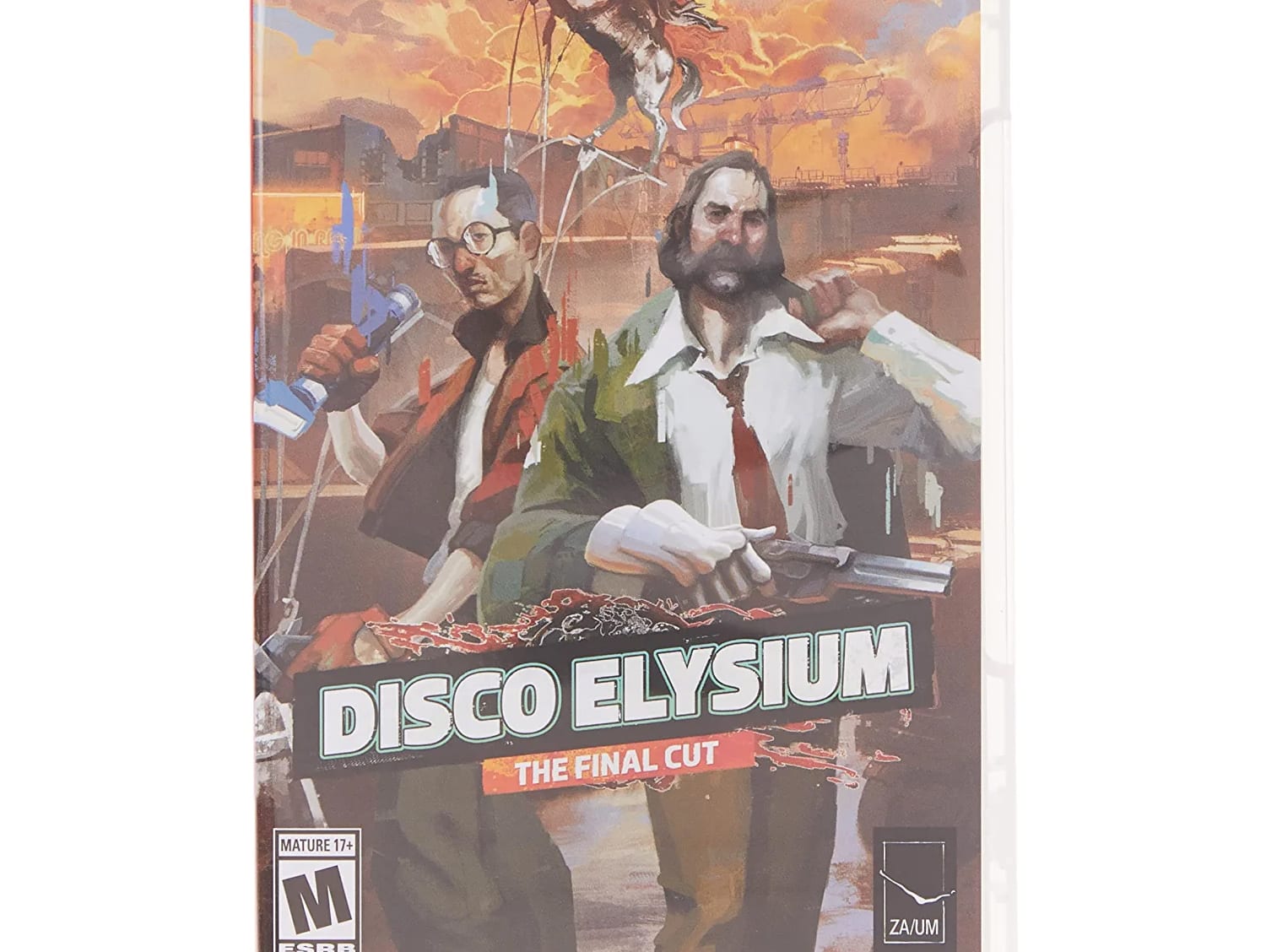
![Mario Kart 8 Deluxe - Nintendo Switch [Digital Code]](https://1worldsolutions.com/blog/wp-content/uploads/2023/06/56921a40-1742-11ee-bfd3-09bc5be2c51d-1688152966.jpg)
